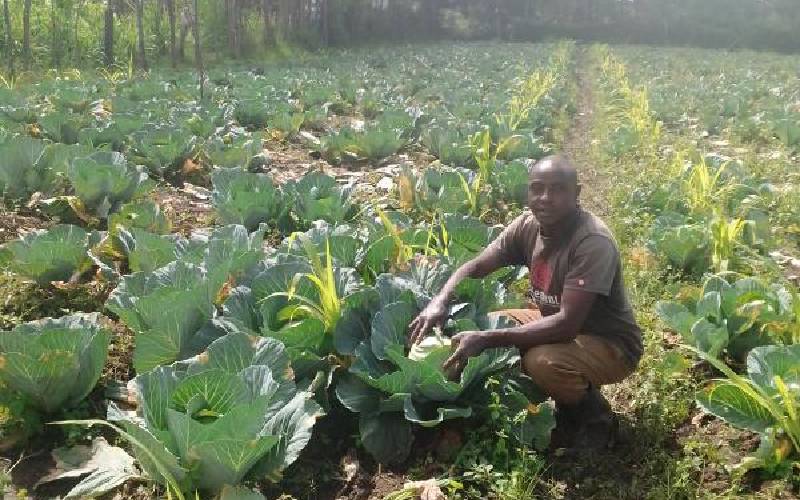×
The Standard e-Paper
Fearless, Trusted News

Every so often, Timothy Mburu sends an alert on Facebook group Digital Farmers Kenya. “The crop is ready for sale,” he announces, and when he posts a photo to support his message, behind him is usually a sprawl of cabbages, or garlic, or, often, potatoes begging to be packed into sacks and loaded onto a waiting truck.
And it is not unusual because that is what is expected of any good farmer, except it is, because Mburu comes from Naro Moru, in Kieni East, a semi-arid area where farmers cannot show much for their efforts.